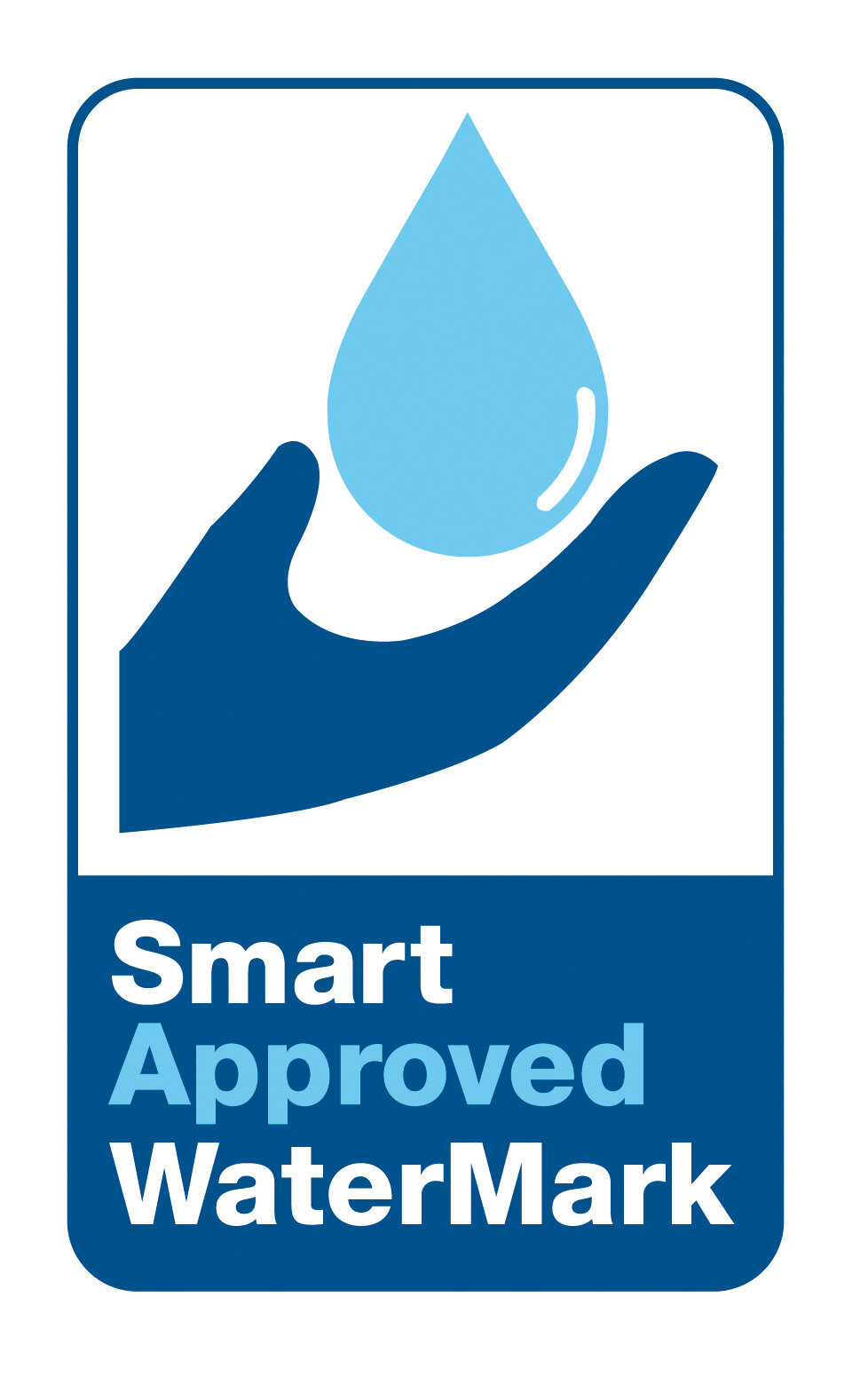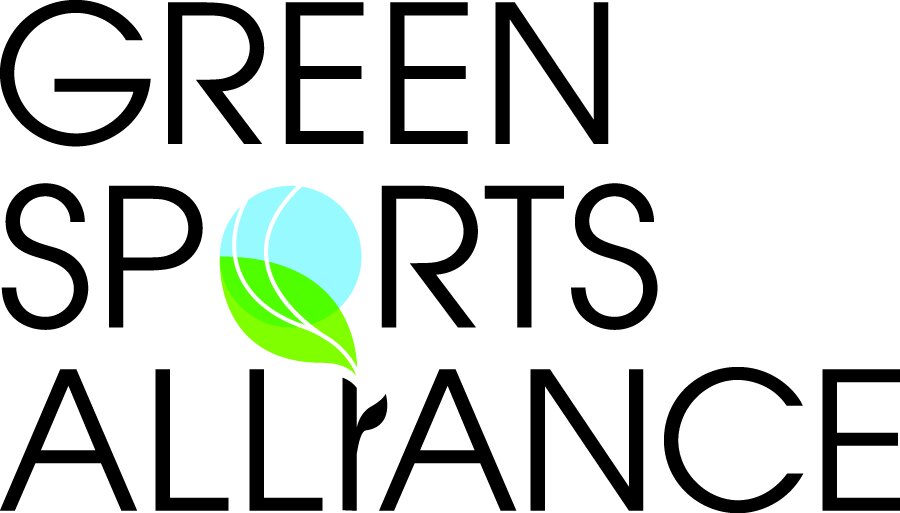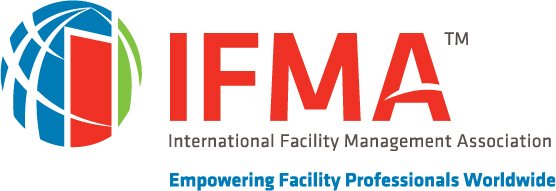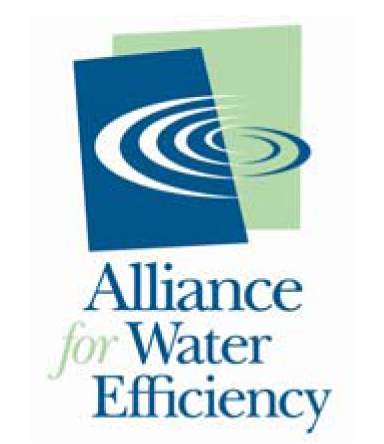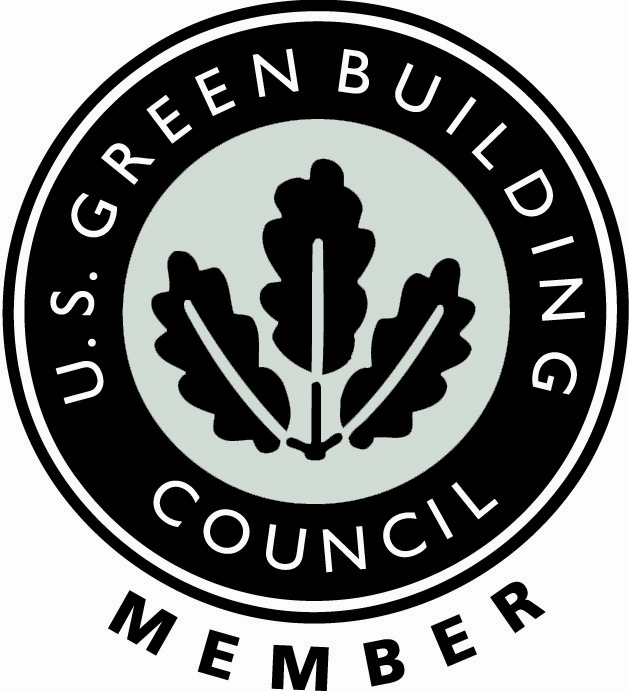Dr. Anuja Kenekar is the manager of a leading biotech research company in India. In January 2022, she wrote a blog entitled “A Guide to Installing and Maintaining Waterless Urinals.”
As one of the pioneers in water efficiency marketing waterless urinal technology, we would like to review some points she makes about waterless urinals and note the ones we disagree with.
The doctor starts her blog by pointing out that waterless urinals have a long history. “Although they’ve been around for several decades, only recently are they being installed to end concerns of water scarcity and waterborne diseases that are common in traditional toilets.”
This suggests that the pandemic fostered more interest in waterless urinals. This is likely true. We have known from the first studies about COVID-19 that it is found in urine, which could be a way to pass the disease on to others.
Some of the other items she discusses in her blog are the following:
How do they work?
Urine seeps into the trap or cylinder installed at the urinal base. The trap and the sealant liquid help prevent odors from being released into the restroom.
What are the benefits of waterless urinals?
According to Dr. Kenekar, the key benefit of waterless urinals is that they do not require water. In many countries around the world, including her own, this is most important.
She also points out that they “hardly require maintenance. The urinal does not overflow or clog,” as can happen with a traditional urinal.
They are eco-friendly because they require no water for use and little water to clean and maintain.
Helping India
“Waterless urinals will help 80 percent of the population of India that struggles for water and help in the sanitary issues faced by schools, public areas, corporate offices, and government facilities.”
She also believes that waterless urinals will help revolutionize India’s public toilet system, primarily because waterless urinals are durable, problem-free, and are perfect “for a nation with limited access to toilets and water.”
The Negative Issues
However, the good doctor does point out what she believes are negative issues about waterless urinals that we would like to address. For instance, she says the following:
They are unacceptable in today’s society and are highly unlikely to be accepted in India.
Just the opposite is true. India is becoming one of the largest markets for no-water urinals. In most countries around the world, they quickly become accepted by users as well as building owners and managers.
They are expensive to install and repair.
Waterless urinals are invariably less costly than traditional water-using urinals because they have no flush valves and fewer plumbing requirements.
Nothing on a waterless urinal needs to be repaired with normal use. She actually contradicts herself because earlier (in her blog) she points out that waterless urinals require extraordinarily little maintenance.
There is insufficient knowledge about cleaning the urinal.
This is partially true. Especially years ago, custodial workers did not know how to clean waterless urinals. Sometimes, they used cleaning solutions that harmed the trap cylinder and the sealant at the urinal base.
Not knowing how to clean them properly, using the wrong types of cleaning solutions, or simply refilling the sealing liquid and nothing more is why some users complained they generated odors. However, over the years, the waterless urinal industry has taught cleaning workers and others the correct way to clean these urinals.
While she lists these grievances, Dr. Kenekar ends her blog on a positive note. “Installing and maintaining waterless urinals is quite simple. You need the right products and proper training. Treat your urinal well and experience an odor-free environment.” Hear, hear!
Waterless Co., Inc: Pioneers in Advancing Water Efficiency
Klaus Reichardt is CEO and founder of Waterless Co, Inc, Vista, Calif. Reichardt founded the company in 1991 with the goal of establishing a new market segment in the plumbing fixture industry with water efficiency in mind. Reichardt is a frequent writer and presenter, discussing water conservation issues. He can be reached at klaus@waterless.com




